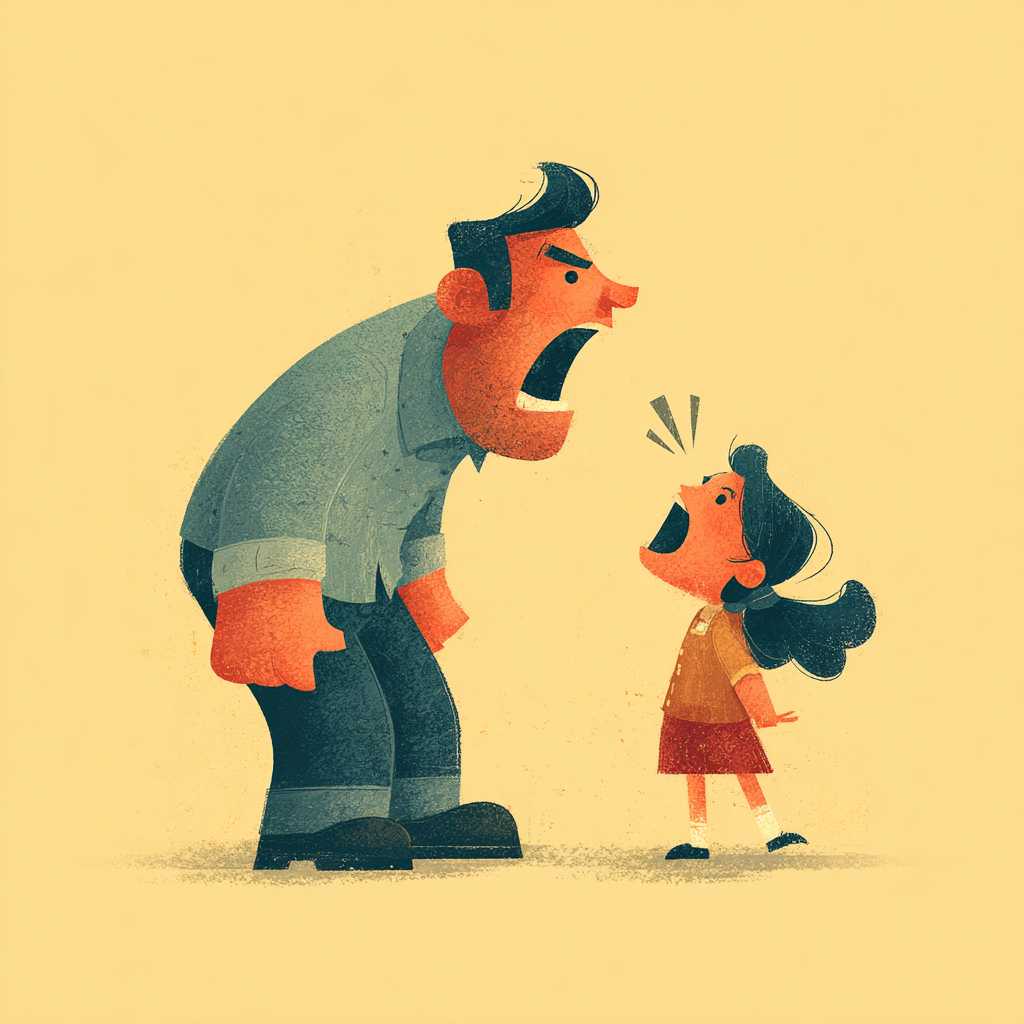Conflict Separation Coaching Podcast Audio
Let’s look at some poor behaviour that does not serve children, or a parent’s position, during high-conflict separation and the family court process.
First, it’s important to acknowledge the pain you may be feeling. The actions we take in these moments often feel like desperate attempts to connect with our children—especially if we are spending less time with them, or have not seen them for some time. Family court is an environment of immense emotional stress, and that stress can influence our actions. It narrows our perspective, cuts off our logical thinking, and drives us into survival mode. If you’ve reacted in ways you now regret, please don’t beat yourself up. Awareness is the first step to doing better.
One of the most common patterns is the desire to tell your side of the story to your children. You may want to explain what’s going on, to be understood, or to defend yourself against the other parent. It can feel like the right thing to do, but in reality, this is usually more about regulating your own emotions than answering your child’s needs. Children do not need to carry the burden of adult narratives. They do not need to inherit your perception of the other parent.
When parents share negative views, subtle or direct, about the other parent, several things happen:
-
It influences the child’s view of the other parent.
-
It creates disconnection in the child’s relationship with that parent.
-
It increases stress for both the child and the other parent. Stress, in turn, disrupts healthy parenting and impacts the child’s wellbeing, relationships, and performance in other areas of life, like school or friendships.
-
It works against the parent spreading the narrative, because it breaches principles of the Family Law Act 1975 (Cth), which emphasises a child’s right to have a meaningful relationship with both parents, free from conflict and negative influence.
The words we say and the messages we send don’t just affect how our children see their other parent—they shape how they see the world itself. If a child hears, “Mum says men are unsafe” or “Dad says women can’t be trusted,” these narratives form filters through which they view reality. They grow up asking themselves: Is it safe to connect? Can I trust? Are relationships always a battle?
This is where generational trauma takes root. If parents project their fear, bitterness, or judgement onto their children, those beliefs become the foundation for how those children form relationships later in life. Patterns that caused pain in one generation are carried forward into adolescence and adulthood. The cycle continues.
If you care about your children—and I know you do—please be mindful of what you say. The separation is between you and the other parent. Your children are not the battleground. Protect them from the weight of your perceptions, so they can grow up with their own experiences, their own trust, and their own freedom to build relationships without inherited wounds.
